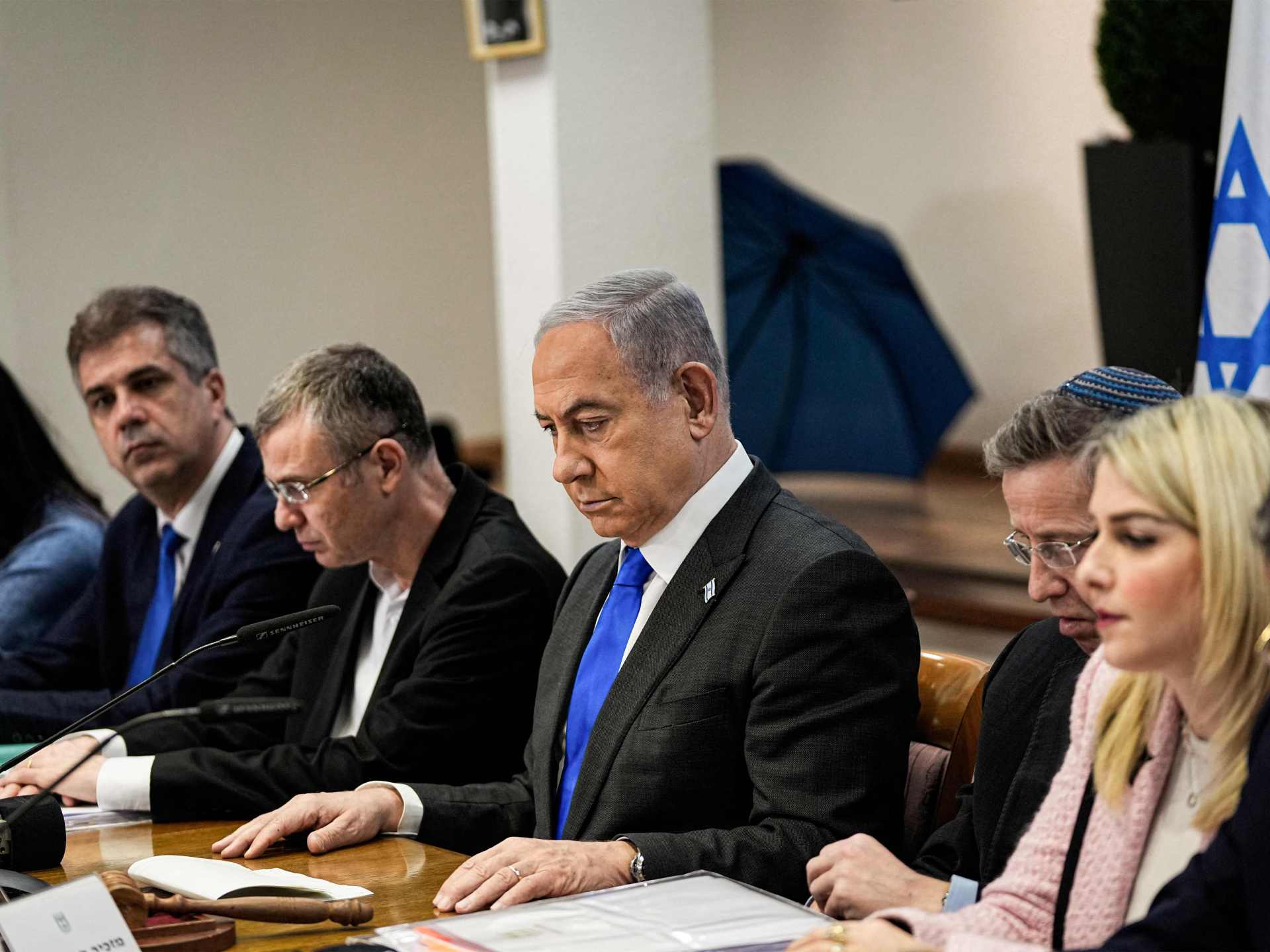Washington is pressuring Netanyahu to reach an exchange deal with Hamas (French)
The official Israeli radio said today, Saturday, that the government has made sending a delegation headed by the head of the Israeli Foreign Intelligence Agency (Mossad) David Barnea to the exchange deal talks in Cairo conditional on a response it described as “positive” from the Islamic Resistance Movement (Hamas).
The radio did not clarify the nature of the "positive" response that Tel Aviv expects from Hamas, but Israel had previously rejected during the negotiations in Doha and Cairo the movement's demands for the unconditional return of the displaced to the northern Gaza Strip, a complete withdrawal from Gaza, and a permanent ceasefire.
The official radio stated that the Israeli government has not yet decided to send its delegation, headed by the head of the Mossad, to the prisoner talks that begin tomorrow, Sunday, in Cairo. It added that if it is decided to send the delegation, it will take place the day after tomorrow, Monday.
A delegation from the Hamas movement is expected to arrive in Cairo to hold ongoing negotiation discussions with Qatari-Egyptian mediation. Media reports said yesterday, Friday, that the discussions are expected to begin tomorrow, Sunday, in the presence of the Director of the US Central Intelligence Agency (CIA), William Burns.
Pressure to reach a settlement
For its part, the Wall Street Journal said that US President Joe Biden asked Israeli Prime Minister Benjamin Netanyahu to reach a settlement with Hamas regarding the return of the Palestinians to the northern Gaza Strip.
Meanwhile, the American network NBC quoted American officials as saying that Biden asked Netanyahu to agree to a ceasefire and to expand the powers of the negotiating delegation.
Biden explained to Netanyahu that if he did not agree to a ceasefire, relations would change dramatically, according to the American network.
For his part, Axios quoted informed sources as saying that Netanyahu said that there will be new measures regarding the humanitarian aspect in Gaza, and therefore there is no need to stop the fighting.
Israel responded with negotiations
Israel had previously proposed in the negotiations to allow the return of 2,000 displaced people daily to the northern Gaza Strip, most of them women and children, with a maximum return rate of 60,000 Palestinians, excluding men between the ages of 18 and 50 years.
Israel also stipulated the return of the 2,000 people it identified 10 days to two weeks after implementing a ceasefire that would last for 6 weeks, according to informed Arab sources quoted by the Wall Street Journal.
Tel Aviv confirmed that those wishing to return to the north must pass through Israeli military checkpoints, under the pretext of preventing Hamas members from infiltrating the north again.
Hamas rejected the Israeli conditions, stressing its demands for the unconditional return of the displaced and a permanent ceasefire, considering that Israeli intransigence makes the negotiations revolve in a "vicious circle."
Source: Agencies

